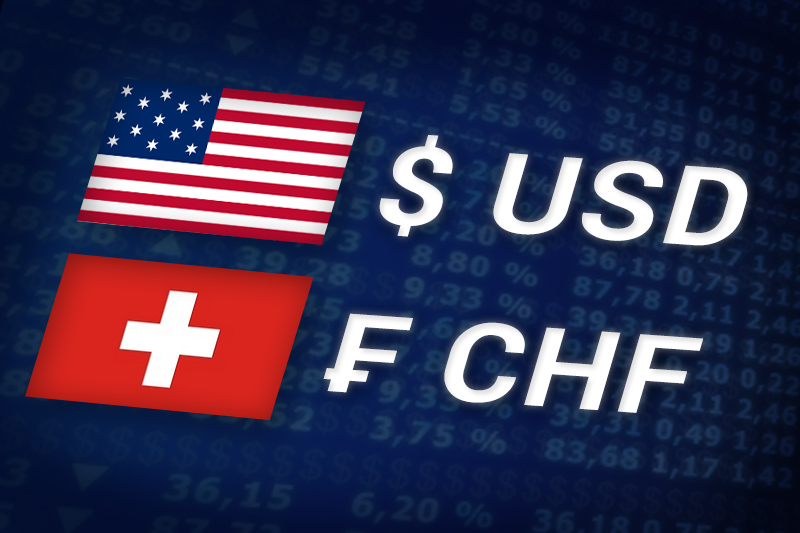Investing.com - The U.S. dollar slipped lower against the Swiss franc on Tuesday, as market sentiment stabilized, but demand for the safe haven greenback looked likely to remain supported amid sustained concerns over the debt crisis in the euro zone.
USD/CHF hit 0.9592 during European morning trade, the session low; the pair subsequently consolidated at 0.9595, sliding 0.26%.
The pair was likely to find support at 0.9550, Friday’s low and resistance at 0.9675, the high of June 5.
Investor sentiment steadied as concerns over the logistics of Spain’s banking bailout eased, but investors remained cautious as questions remained over the source of the rescue funds and whether the bailout repayments would add to the country’s already high borrowing costs.
The yield on Spanish 10-year bonds climbed to 6.63% earlier, hovering close to the critical 7% threshold, which is seen as unsustainable in the long term.
Market participants also remained on edge ahead of Sunday’s general election in Greece, which could decide the course of the country’s future in the euro zone.
In Switzerland, the government revised up its forecast for economic growth, saying strong domestic demand was helping to offset the damaging effects of the strong Swiss franc on the country’s export sector.
The State Secretariat for Economics said it now expected growth of 1.4% for 2012, up from a March forecast for 0.8% growth, but warned that a severe recession in the euro zone would have a knock-on effect for Switzerland.
The Swissie was fractionally higher against the euro, with EUR/CHF dipping 0.02% to hit 1.2008.
Later Tuesday, the U.S. was to publish official data on import prices as well as a government report on the federal budget balance.
USD/CHF hit 0.9592 during European morning trade, the session low; the pair subsequently consolidated at 0.9595, sliding 0.26%.
The pair was likely to find support at 0.9550, Friday’s low and resistance at 0.9675, the high of June 5.
Investor sentiment steadied as concerns over the logistics of Spain’s banking bailout eased, but investors remained cautious as questions remained over the source of the rescue funds and whether the bailout repayments would add to the country’s already high borrowing costs.
The yield on Spanish 10-year bonds climbed to 6.63% earlier, hovering close to the critical 7% threshold, which is seen as unsustainable in the long term.
Market participants also remained on edge ahead of Sunday’s general election in Greece, which could decide the course of the country’s future in the euro zone.
In Switzerland, the government revised up its forecast for economic growth, saying strong domestic demand was helping to offset the damaging effects of the strong Swiss franc on the country’s export sector.
The State Secretariat for Economics said it now expected growth of 1.4% for 2012, up from a March forecast for 0.8% growth, but warned that a severe recession in the euro zone would have a knock-on effect for Switzerland.
The Swissie was fractionally higher against the euro, with EUR/CHF dipping 0.02% to hit 1.2008.
Later Tuesday, the U.S. was to publish official data on import prices as well as a government report on the federal budget balance.
